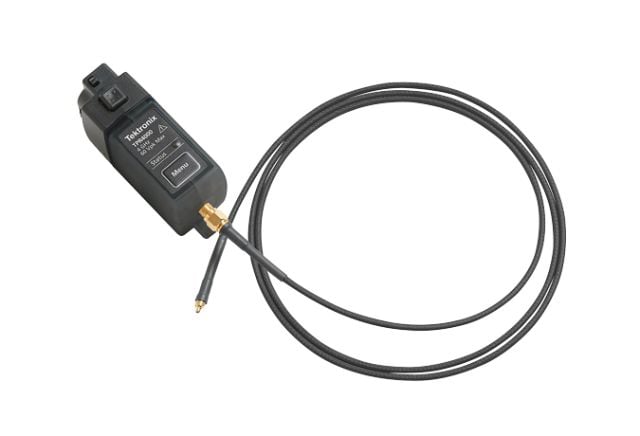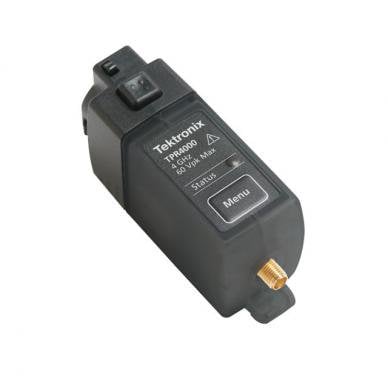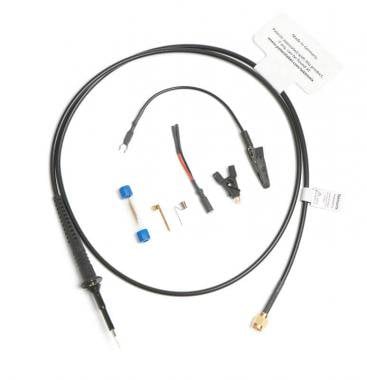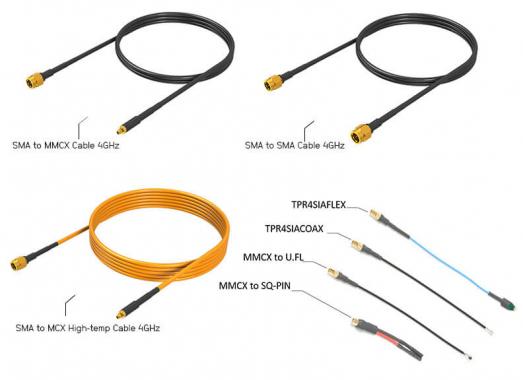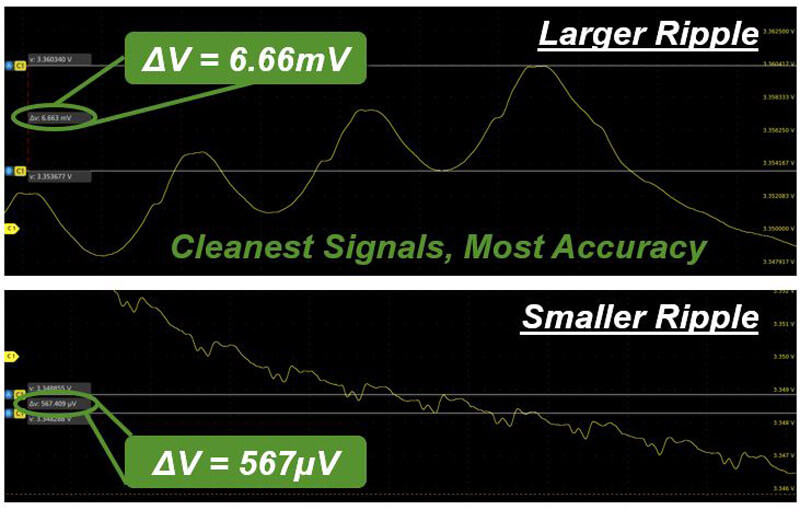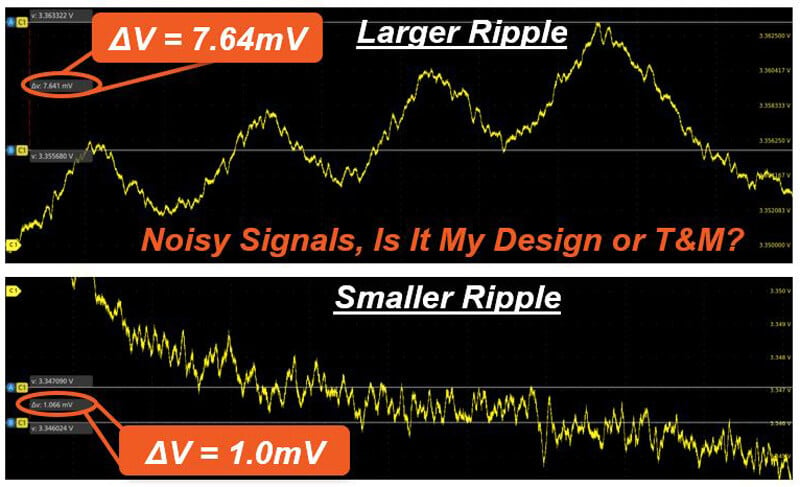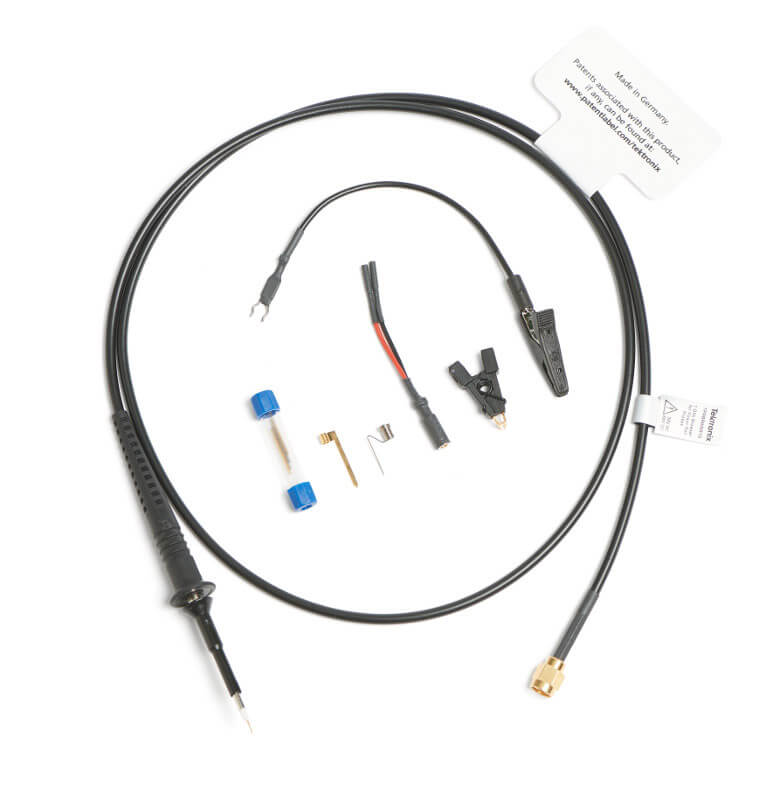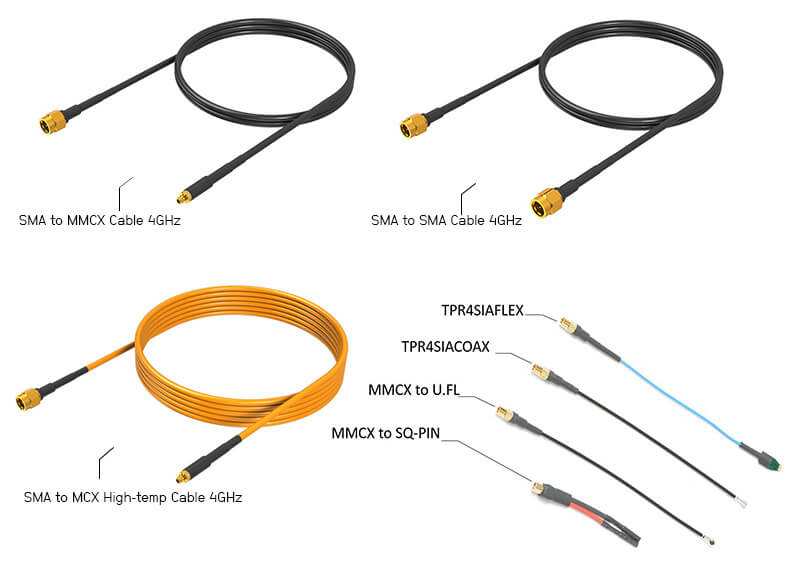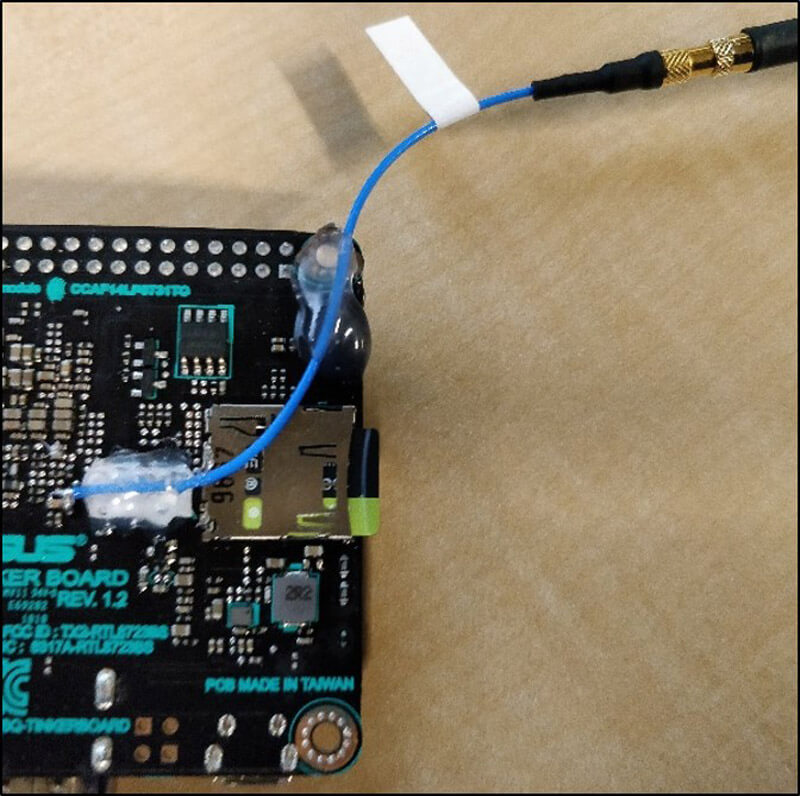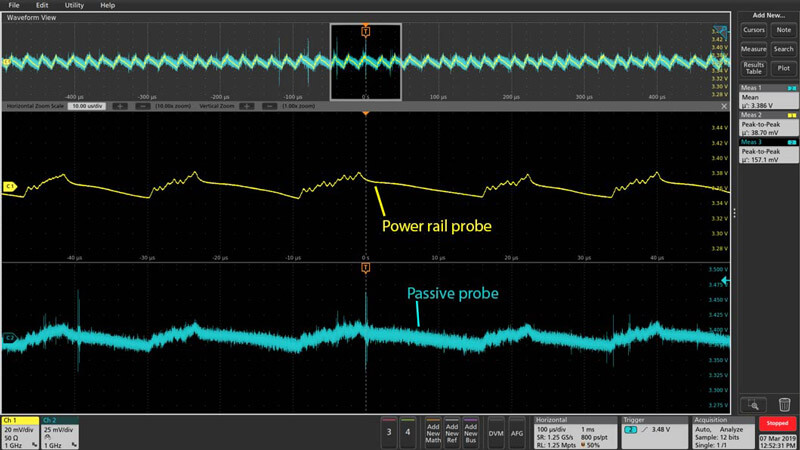
Contact us
Live Chat with Tek representatives. Available 6:00 AM - 4:30 PM
Call
Call us at
Available 6:00 AM – 5:00 PM (PST) Business Days
Download
Download Manuals, Datasheets, Software and more:
Feedback
Que đo đường ray điện
Được tối ưu hóa cho các phép đo tính toàn vẹn của nguồn điện, các que đo này kết hợp khả năng đóng góp nhiễu thấp, bù DC lên đến 60 V, băng thông cao, tải thấp và một loạt các lựa chọn kết nối.
Base Price
US $6,600
+
Que đo đường ray điện
Why use a power rail probe over a passive or differential probe?

Power rail probes offer extreme clarity into the power distribution network compared to traditional passive probes.
Traditional power integrity applications typically use passive or differential probes to measure power rails. The changing technology landscape means designers need higher accuracy ripple measurements with very fast transitions pushing into multiple GHz range. New design challenges call for new measurement equipment that can minimize noise from the measurement tools while also offering more bandwidth to see more signal content. The ultra-low noise TPR1000/4000 power rail probe offers low loading for accuracy (especially in the most sensitive measurements) and offers low noise contribution and high bandwidth options.
More data, faster signals
The new power rail probe covers power rail transient events up to 4 GHz and offers offset voltage range of ±60V to measure power supplies from plug, down to the pin of an integrated circuit. It also offers a wide dynamic range of ±1V, which, on higher voltage rails, lets you look at droop on the line or when a lot of current is drawn by load or transients. Coupled with the right scope, this powerful combination means you don’t have to worry if the noise you are seeing is from your test equipment or if you’re seeing aggressors in your system that you could never see before.
Overcoming the connectivity challenge
Power engineers are challenged to get more power efficiency from smaller and tighter designs. This is especially true for engineers in the automotive, industrial and consumer markets where typical validation requires probing at least 1 or more rails in parallel with other signals. This creates new constraints on connectivity due to tight spacing, buried signals, and smaller geometry components.
The power rail probe comes with modular and flexible connectivity options to cover most needs. Now, when you’re soldering to a surface-mount component connected to a power rail, you have the MMCX lock-snap connections that make test set-up a breeze.
The good, better, best scopes for power rail measurements
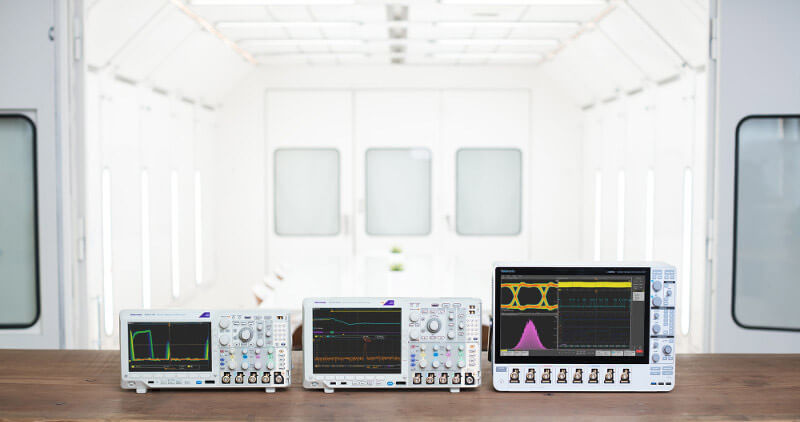
No matter the industry, power integrity requirements are becoming more and more strict and the number of power rails in a single design is only growing. Depending on your bandwidth needs, Tektronix has a whole suite of oscilloscopes that are optimal to pair with the power rail probe.
For the engineers that are working on the power integrity of fast devices like microprocessors, memory components, FPGAs, storage devices and image sensors, and need the highest accuracy in ripple measurements with transitions in the 2 to 4 GHz range, you have the 6 Series MSO scope that has bandwidths up to 8GHz. When you don’t need as much bandwidth but need to make accurate ripple measurements on an ever-growing number of DC supplies, you can use the up to 8 Channels of the 5 Series MSO. The MDO3000 and MDO400C offer a great option when making traditional ripple measurements under 1GHz at the bench.
| Model | Attenuation | Bandwidth | Dynamic Range | DC Offset | List Price | Configure And Quote | ||||||||||||||
|---|---|---|---|---|---|---|---|---|---|---|---|---|---|---|---|---|---|---|---|---|
TPR1000
|
1.25x |
1 GHz |
±1 V |
±60 V |
US $6,600 | Configure & Quote | ||||||||||||||
TPR4000
|
1.25x |
4 GHz |
±1 V |
±60 V |
US $10,100 | Configure & Quote |
| Model | Attenuation | Bandwidth | Dynamic Range | DC Offset | List Price | Configure And Quote | ||||||||||||||
|---|---|---|---|---|---|---|---|---|---|---|---|---|---|---|---|---|---|---|---|---|
TPR1000
|
1.25x |
1 GHz |
±1 V |
±60 V |
US $6,600 | Configure & Quote | ||||||||||||||
TPR4000
|
1.25x |
4 GHz |
±1 V |
±60 V |
US $10,100 | Configure & Quote |


